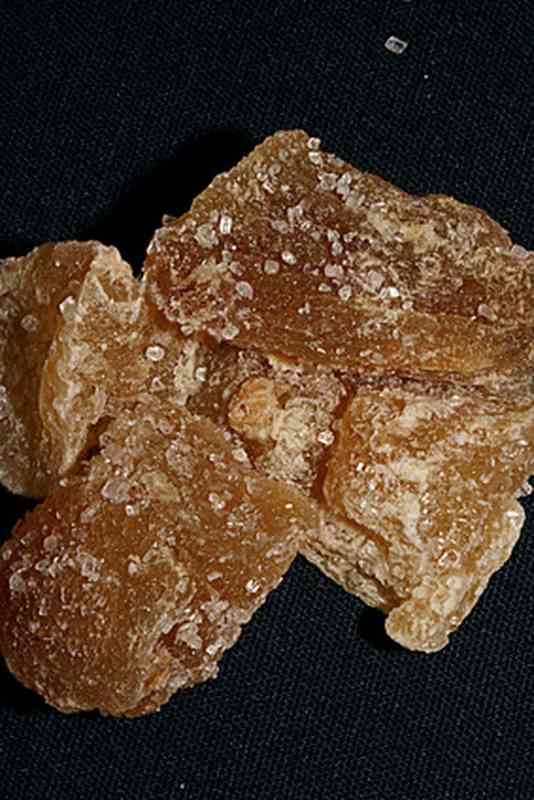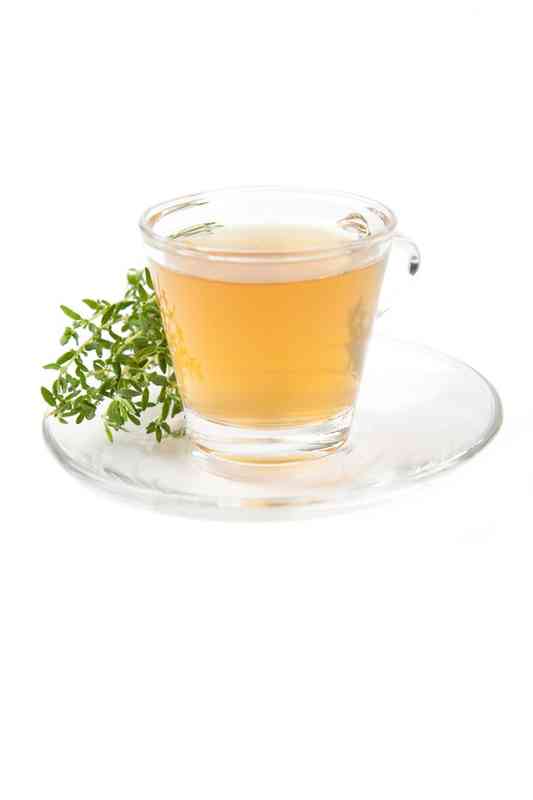Drinks to Lower Cholesterol

High levels of bad cholesterol and total cholesterol increase your risk of heart disease and stroke. Total cholesterol takes into account levels of both low-density lipoprotein, or bad cholesterol, and high-density lipoprotein, or good cholesterol. According to the Mayo Clinic, your diet plays a critical role in reducing cholesterol levels. Adding particular beverages to your diet may be beneficial.
 A glass mug of ginger tea on a board with ginger root, rosemary and orange slices. (Image: Allyso/iStock/Getty Images)
A glass mug of ginger tea on a board with ginger root, rosemary and orange slices. (Image: Allyso/iStock/Getty Images)Green Tea
Green tea contains the highest levels of antioxidants known as polyphenols. According to the University of Maryland Medical Center, several studies show that this beverage can lower LDL cholesterol and total cholesterol levels. It also boosts levels of HDL cholesterol, which sweeps bad cholesterol from your arteries. Researchers believe that green tea's polyphenols inhibit absorption of cholesterol in the intestines and enhance its excretion from your body.
Berry Juice
Berries help reduce blood cholesterol levels, but some are more effective than others. In a study conducted by the University of California at Davis, researchers found that fresh berries significantly decreased LDL cholesterol. Blackberries were the most effective, followed by red raspberries, blueberries and strawberries. More research is needed to determine the amount of berries or juice people should consume to lower cholesterol. However, drinking more berry juice on a regular basis may be beneficial.
Tart Cherry Juice
Tart cherries are loaded with antioxidants that provide several benefits, including reducing cholesterol levels. In a study conducted at the University of Michigan Cardiovascular Center, rats that received whole tart cherry powder as part of a high-fat diet had significantly lower levels of cholesterol than other rats. Cherry juice is readily available at supermarkets and natural health stores. However, you can also make your own at home using dried cherries or cherry powder.
Ginger Tea
Ginger has been used medicinally for centuries to treat health problems such as nausea and diarrhea. Preliminary studies also indicate that it may also help lower cholesterol and prevent atherosclerosis, according to the University of Maryland Medical Center, which recommends not consuming more than 4g of ginger daily.
Caution
While green tea and ginger tea are generally safe, in some cases they may cause side effects. For instance, drinking too much green tea may cause insomnia, dizziness or irritability. Ginger tea may cause heartburn or stomach upset. Also, these drinks can interact with certain medications. Consult your doctor about consuming these drinks to control your cholesterol levels.




